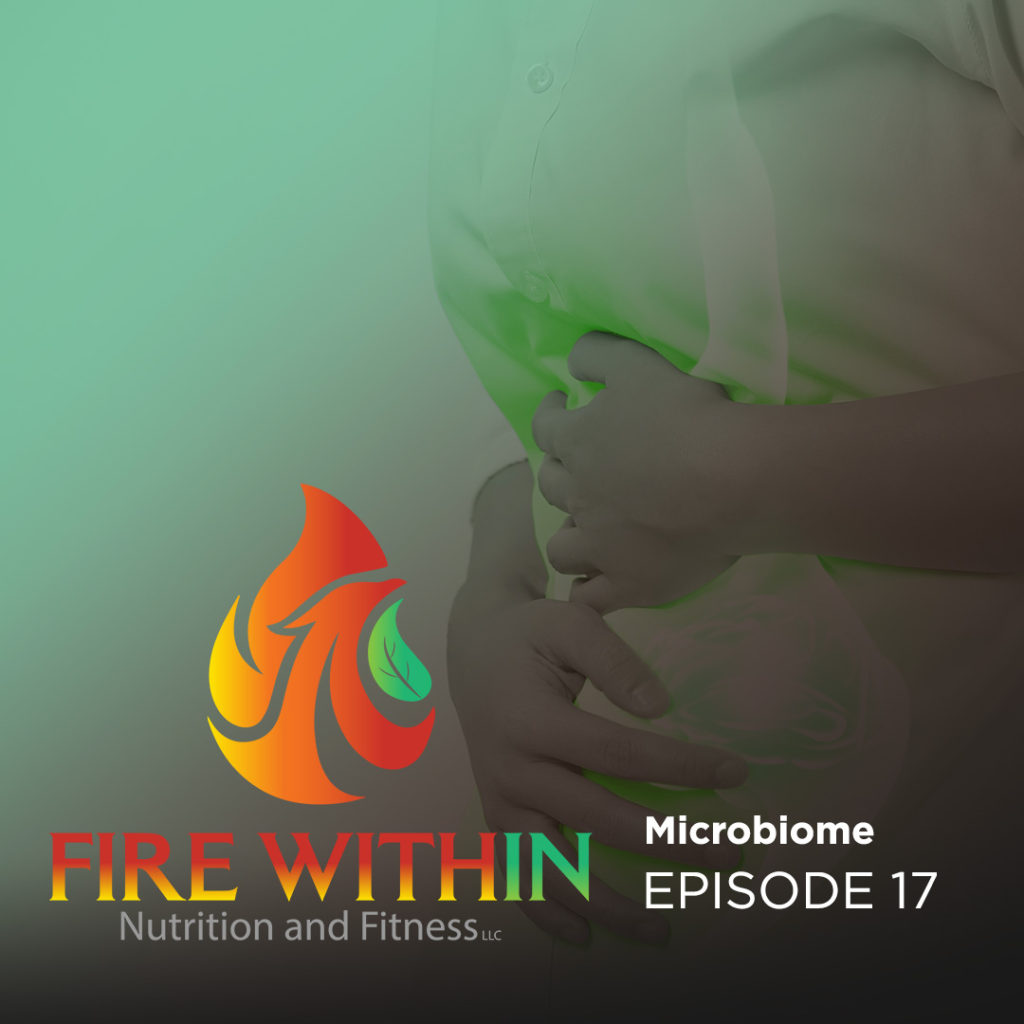What the heck is a Microbiome? And why you should care? It’s a community of microorganisms that live in your body (100 trillion bacteria and microbes). Learn about recent discoveries in this emerging field of science.
We have both good and bad bacteria and an imbalance of the two is a condition known as dysbiosis.
Common Causes of Intestinal Dysbiosis
- Antibiotics
- NSAID’s
- Diet
- Psychological Stress
- Reduced Gut Motility
- Alcohol intake
Antibiotic use especially early in life and used chronically, which is common for acne treatment, for example, lead to IBS and other chronic gut issues such as Chrohn’sdisease that lead to an overwhelming cascade of health issues.
Over Consumption of NSAID’stear away, the lining of the gut and cause conditions such as Ulcerative Colitis. Antibiotic use contributes as well, especially if exposed at an early age which also increases risk of Crohn’s disease.
The typical western diet high in sugars is partially responsible for destroying our microbiome balance leading to many of today’s common health conditions.
Foods that fight inflammation include but are not limited to the following:
- Vegetables: I recommend 10 servings a day. You will get tons of prebiotic fibers to help overturn dysbiosis as well as phytonutrients which protect the body from harmful environmental stimulus including radiation.
- Herbs, Spices, and Teas. Turmeric and ginger, organic coffee and teas in moderation including green tea, oregano, basil and thyme
- Probiotic foods like organic Greek yogurt, kefir, kimchi, and fermented vegetables such as sauerkraut
- Foods high in omega 3 such as wild-caught fish and seafood, organic pasture-raised eggs, grass-fed and pasture-raised meats
- Healthy fats such as grass-fed butter or ghee, nuts, oils, avocado oil, olive oil, coconut oil, and nuts and seeds
Gut bacteria, normally residing the large intestine, can sometimes overgrow up the digestive tract and into the small intestine. This is referred to as small intestine bacterial overgrowth, or SIBO, and is closely associated with IBS or irritable bowel syndrome.
In the case of mental health, SIBO is important because an estimated 70–90% of IBS sufferers have some sort of mental disorder.
A Squatty Potty is great for intestinal health too and may reduce SIBO risk as well as colon cancer and many other bowel issues
A staggering 90% of our serotonin is made in the gut. It also houses a large community of intestinal bacteria (which can be referred to as probiotics, gut flora or the gut microbiome) in the large intestine or colon.
70 million of us have a digestive disorder.
One in six of us have some form of mental illness (major depression being the most common)
One in three of us will have anxiety at some point with one in five having it within the last year
Vitamins and supplements known to help in developing a healthy microbiome:
- Vitamin B12
- Folate
- Zinc
- Selenium
Mentioned in this episode
- Change your brain change your life book by Daniel G. Amen


